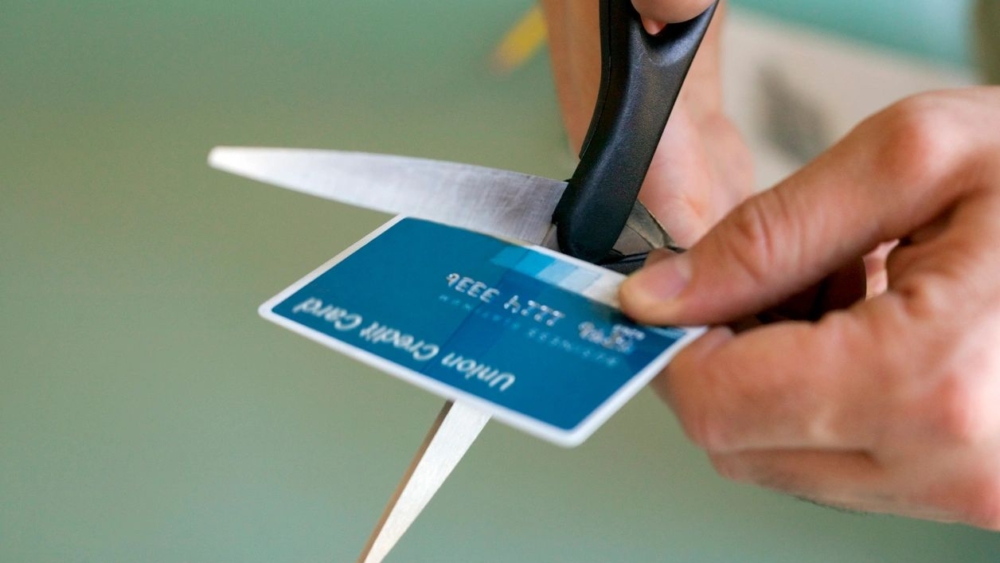Living with debt can be stressful and overwhelming, but there are steps you can take to pay it off and achieve financial freedom. This guide will provide you with practical tips and strategies to help you become debt-free, including creating a budget, prioritizing your debts, and finding ways to increase your income.
Assess Your Debt Situation
The first step in paying off debt is to assess your current situation. This means gathering all of your debt statements and creating a list of all your debts, including the amount owed, interest rates, and minimum monthly payments. Once you have a clear picture of your debt, you can start to prioritize which debts to pay off first and create a plan to tackle them. It’s important to be honest with yourself about your debt and not ignore it, as this will only make the situation worse in the long run.
Create a Budget and Stick to It
One of the most important steps in paying off debt is creating a budget and sticking to it. This means tracking your income and expenses and making sure that you are living within your means. Look for areas where you can cut back on expenses, such as eating out or buying unnecessary items, and redirect that money towards paying off your debt. Consider using a budgeting app or spreadsheet to help you stay on track and monitor your progress. Remember, the key to paying off debt is to be consistent and disciplined with your spending habits.
Prioritize Your Debts
When it comes to paying off debt, it’s important to prioritize which debts to pay off first. Start by making a list of all your debts, including the balance owed and interest rates. Then, focus on paying off the debt with the highest interest rate first, as this will save you the most money in the long run. Once that debt is paid off, move on to the next highest interest rate debt and continue until all debts are paid off. This strategy is known as the debt avalanche method and can help you become debt-free faster.
Consider Debt Consolidation or Refinancing
If you have multiple debts with high interest rates, it may be worth considering debt consolidation or refinancing. Debt consolidation involves taking out a new loan to pay off all your existing debts, leaving you with just one monthly payment to make. This can simplify your finances and potentially lower your interest rate. Refinancing involves taking out a new loan with a lower interest rate to pay off your existing debts. This can also save you money in interest payments over time. However, it’s important to do your research and make sure you understand the terms and fees associated with these options before making a decision.
Negotiate with Creditors
If you’re struggling to make your monthly payments, it may be worth reaching out to your creditors to see if you can negotiate a lower interest rate or payment plan. Many creditors are willing to work with you if you’re upfront about your financial situation and show a willingness to pay off your debt. Be prepared to provide documentation of your income and expenses, and be honest about what you can realistically afford to pay each month. Remember, the worst thing you can do is ignore your debts and hope they’ll go away – taking proactive steps to address your debt is the first step towards financial freedom.
We hope this article brings you closer to your Smart Financial Goals.
